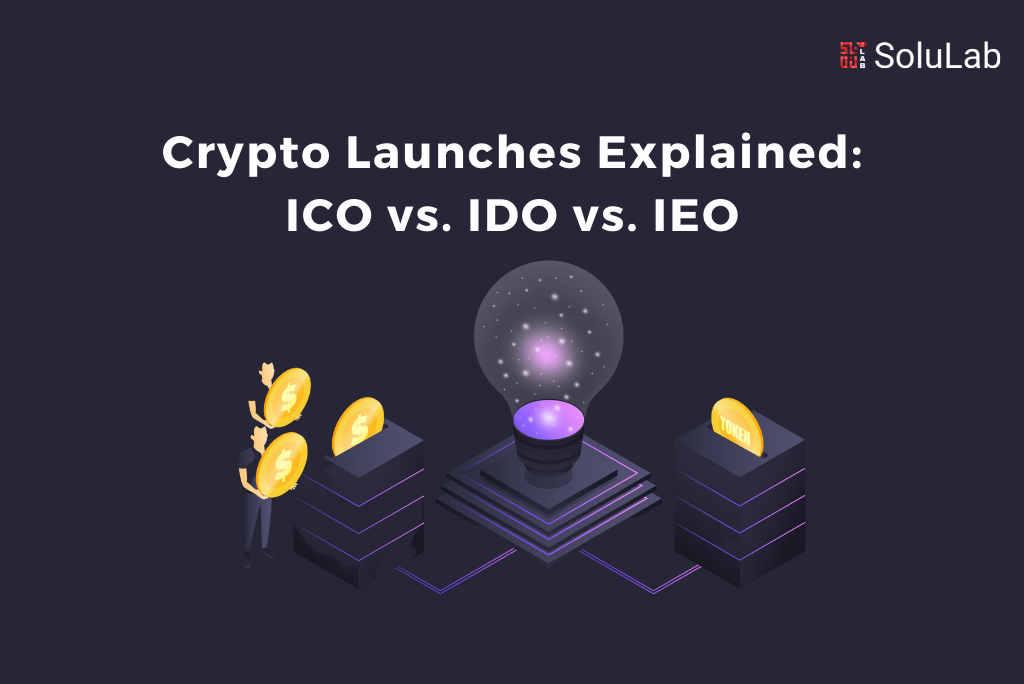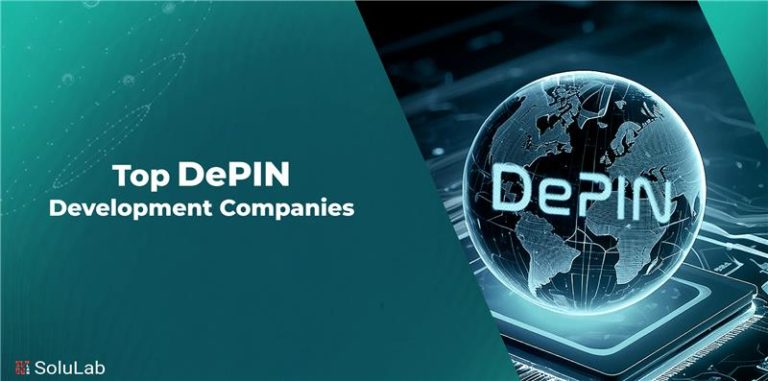
If you’re familiar with stocks, you’ll know that an IPO is an Initial Public Offering. That’s when professional investors, independent speculators, and supporters can buy shares in a company. Crypto launches are a little different from stock launches.
Crypto projects have ICOs, IEOs, and IDOs. Interestingly, these are all essentially different versions of an IPO, and a crypto project may engage in any of them, any combination of them, or even all of them. But what are they? What do they mean, and how are they different?
What Is an ICO?
An ICO is an Initial Coin Offering. After an ICO platform, anyone can buy crypto in support of a project directly from the organization hosting the project.
Prior to an ICO, there is typically no coin availability or circulation. Alternatively, availability and circulation may have been limited by the organization behind the project. For example, a coin may have already been minable but was then only available to miners. ICOs can also be public (open to anyone) or private (open to select investors, etc.).
Read also: What is the ICO and How Does it Work?
ICOs were the initial “crypto IPO” before exchanges became popular. For example, when Bitcoin had its “ICO,” it couldn’t have listed on an exchange because there were no cryptocurrency exchanges. Because ICOs involve buying tokens directly from the project, you have to really trust what you’re investing in because it may not have been verified in any meaningful way.
What Is an IEO?
An IEO is an Initial Exchange Offering. Crypto exchanges have a verification process, so crypto projects that make it onto exchanges are usually more reliable. Plus, when you buy from an exchange, you’re not giving up any payment information to the individual projects you invest in through the exchange.
Because being verified by an exchange takes time, some projects may have an ICO and then have an IEO later down the road. However, because crypto projects are more discoverable and are more likely to be successful on an exchange, a project might not have its own ICO and instead wait to “go public” on an exchange.
Read also: All You Need to Know About Initial Exchange Offering (IEO)
There’s another reason crypto projects are moving toward skipping the ICO: They’re afraid of regulators. For example, did you know that Coinbase reports to the IRS? So, selling through exchanges takes some of the pressure off the organizations that host the actual crypto projects.
What Is an IDO?
An IDO is an Initial DEX Offering, whereas a “DEX” is a Decentralized Exchange. A decentralized exchange is like a regular exchange, but no one is in charge. So, instead of the exchange buying coins from sellers and selling coins to buyers, the buyers and sellers just do business with one another.
If an ICO is buying from an artist, and the exchange is buying from an auction house, a decentralized exchange is buying from a flea market. It’s easy, fast, and fun, but it puts a lot of the responsibility and pressure back on the buyers—just like with ICOs. In fact, decentralized exchanges are older than the more popular centralized exchanges of today.
Just like a project can have an ICO and a subsequent IEO, a listing on a DEX may already have an IEO and ICO.
That’s All. Right?
That’s actually not all. There are still other ways for cryptocurrencies to get into people’s hands. But, most of it has to do with different kinds of cryptocurrencies—because they’re not all made equal.
For example, security tokens operate a lot like shares of a company. The only real difference between security tokens and stocks is that security tokens are on a blockchain instead of being registered. But, not being a cryptocurrency and not being a stock means that they can avoid answering to pretty much anyone.
These projects have Security Token Offerings. But, these offerings are usually limited to organizations like investment groups.
ICO vs. IDO vs. IEO
A lot of crypto projects that have an ICO can be successful. A lot of crypto projects that get listed on exchanges are not successful. Experiences with decentralized exchanges can be positive or negative. No matter how you buy crypto, just make sure that you do your research first.
Blog Credits: MakeUseOf




